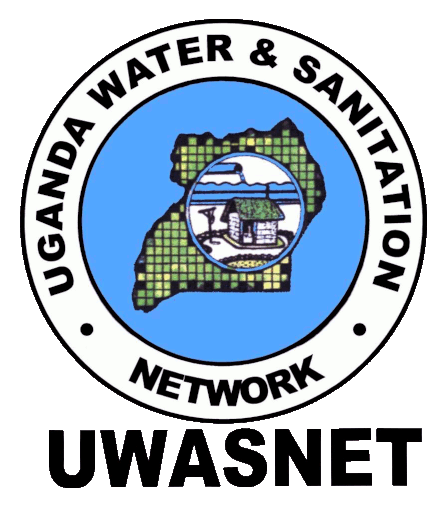
UWASNET with support from the Danish People’s Aid (DPA) conducted a study to analyse the current water tariffs and its impact on the poor and unserved in Uganda.
The overall objectives of the study was to analyse the current water tariffs and its impact on the poor, unserved and the capacity of institutions to deliver on their mandate.
The specific objectives of the studies were;
- Review the water regulation strategy and identify key areas that have not been implemented to ensure the water tariffs are pro-poor.
- Assess the process of determining water tariffs by the water utilities and umbrella authorities and ascertain whether is addresses the needs of the poor and unserved
- Review the current water tariffs and analyses whether they are inclusive and will address the critical WASH needs in the context of COVID 19 and ensure no one is left behind
- Recommend both short term and long term water tariff structures that will enable the country to achieve the WASH targets in NDP III, Vision 2040 and Sustainable Development Goals (SDG).
The study adopted largely qualitative approaches which included an extensive review of key literature from the four (4) water service providers (NWSC, Umbrella authorities, private operators and CBMS for point water sources) responsible for supply, management and operation of water systems in the country. Key documents including reports, journal articles, acts, bills, policies, tariff structures and statutory instruments issues by the policy and legal framework responsible for the water and sanitation sub- sector in the country.
Access the detailed report using this link
Or you can go to the UWASNET website under Resources under Publications and Reports
